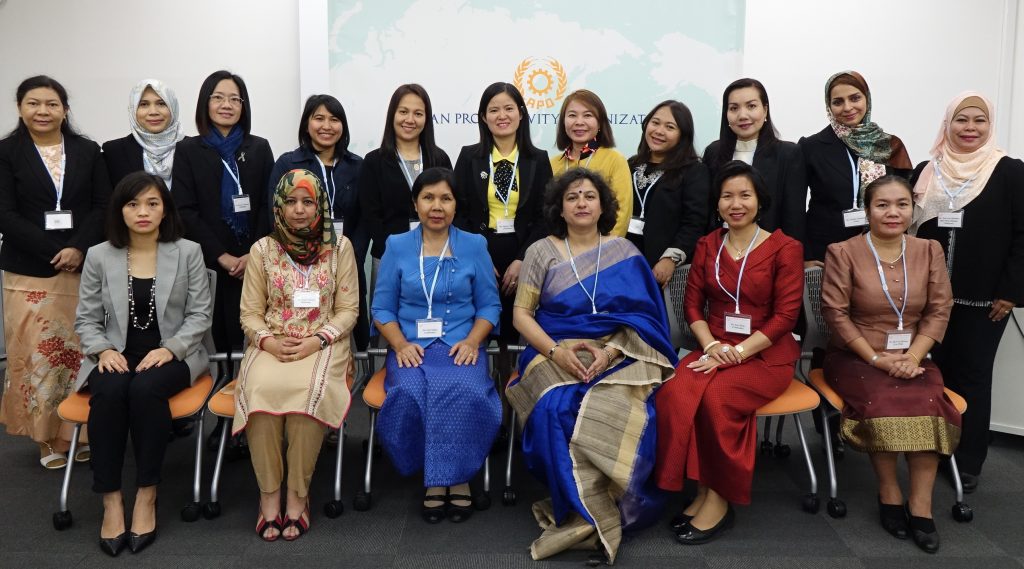By: Miracle Nwankwo
Just like other parts of the world, Asia is not devoid of the dramas that have to do with the participation of women in political activities and governance. Although Asia has enjoyed a high record of women in positions of power both in the past and present, the clogged wheels of incompetence (or so we are made to believe) remains a recurring challenge considering the almost abrupt displacement of some of these seemingly powerful women.
Dating back from 1960 when Sirimavo Bandaranaike became the first female head of government in Sri Lanka and Indira Gandhi, who was the first female prime minister of India, Asian women have left no stone unturned in the fight for political positions Despite this fact, it is discouraging to note that the early start of women participation in politics did not particularly change the narrative as Asia’s political scene is still very much patriarchal.
It was with great displeasure that women around the world received the sad news of the impeachment of the first female president in the history of South Korea at the beginning of 2016. This like the few others before it, seems to have dampened the heightened hope of women especially those in Asia, on the progress made in the fight for equal rights for women.
The question is how can women in the political scene sustain power and execute projects and programs effectively?
Over the decades, most of Asia political women have lived on hereditary powers- being related to an already established male politician as wives, daughters, or sisters.
Gloria Macapagal-Arroyo Gloria daughter of Diosdado Macapagal the Philippino ninth president (from 1961 to 1965), served as the fourteenth president of the Philippines for ten years (2001 to 2010). Also, Park Geun Hye the first and eleventh president of South Korea is the daughter of Park Chung Hee the third president of Korea, and lots more.
Even though there are other self-made female politicians, there is still a huge gap compared to their male counterparts.
How does this system affect the performance of women in positions of power? In my opinion, it seems to mean that such women may be limited when it comes to formulating and advocating for unique political agendas which are exclusively theirs, and will most likely champion women-related causes in their country. They may be forced to continue the legacy of their fathers, husbands, and brothers, whom they inherited power from.
It is therefore expedient that more women are giving more opportunities in the political systems, whether or not they be related to any former or existing political male leader so that they can live up to their dreams and support their nations through their emotional and patient nature that helps them to make right decisions.
Women leaders serve as a source of inspiration and role models to the younger generation. However, if they do not leave a footprint or succeed in becoming pathfinders for the younger women in the society, there will be no place for women in politics in the future generation.
It is also important to mention that in such scenarios where no woman is found in politics, more harm than good will befall the political world and future generations. This brings us back to Asia where half of the population is composed of women. If these women are not given full roles in the policy-making bodies in the region, this will become a huge threat to the economy and globalization culture of Asia.
However, it may seem as if this thought is baseless seeing that a tiny nonpareil group of highly educated women in Asia have attained high positions in governments, the majority of women are still lagging behind.
The problems faced by women in politics in many Asian countries first has to do with the lack of friendly electoral systems for the political woman. The electoral rules that are laid down in politics are very unfavorable to a woman based on her gender and natural compositions. The political woman in Asia also suffers lack of a supportive political cultural system.
There are still other unmentioned issues that women in Asian political sectors are faced with, and no solution is yet to be proffered to the problems.
It is necessary that as girls and women are given full rights to vote in elections, they should also be allowed to participate in a larger number in governance because the participation of women in governance stimulates positive change in health, community wellbeing, poverty reduction, and family welfare.
Discriminatory laws should be frowned at and abolished, also all institutional and cultural barriers that stand as limitations for the women to gain access to any aspect of life should be removed as long as it does not violate the laws of nature.
In conclusion, the whole idea of Asia having more women in governance and politics than other countries of the world is all a paradox. More participation from ordinary and self-made women is essential and will add value to the system if allowed.
The acceptance of women in political sectors is a non-negotiable step to achieving global gender equality and democratic governance.




